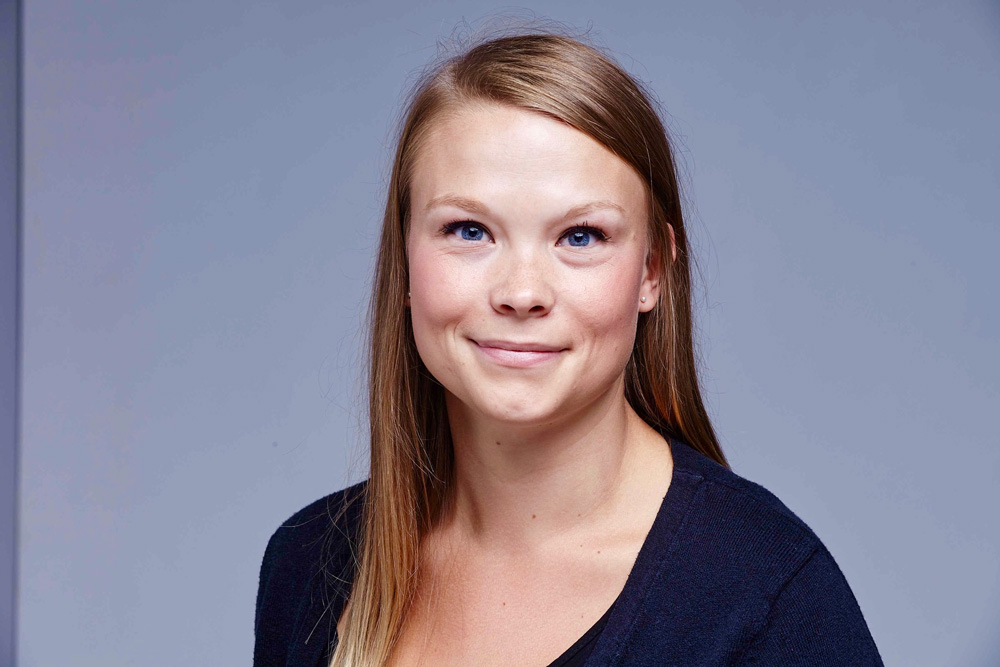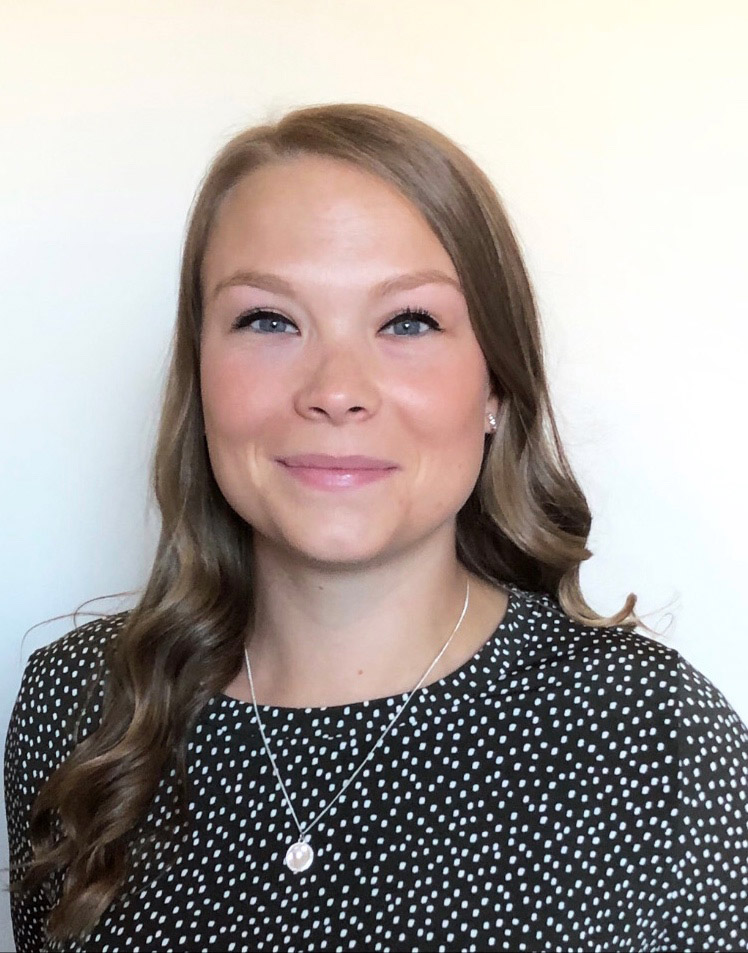Kennedy Borle
Being a public scholar means an opportunity to create and share spaces with other interdisciplinary researchers. Having a sense of community is something I deeply value and being a public scholar is a chance to feel that sense of connection with other people who have common goals and values.
Research description
Clinical genetic services (genetic testing and counselling) provide many benefits for patients and families who have or who are at risk to develop a genetic condition. However, there are disparities in the use of clinical genetic services based on non-health related characteristics, which suggests the possibility of unmet need. The goal of this research is to better understand the unmet need for clinical genetic services in Canada and develop strategies that can be used to improve equitable access to care. I am conducting a cross-sectional mixed-methods study. For the quantitative data, I am surveying 1300 Canadians to estimate the prevalence, distribution and evaluate the associations between sociodemographic factors and unperceived and perceived unmet need. I will be completing follow up interviews with 30 participants, purposively sampled from the survey respondents to better understand individual experiences with unmet need for clinical genetic services.
What does being a Public Scholar mean?
Being a public scholar means an opportunity to create and share spaces with other interdisciplinary researchers. Having a sense of community is something I deeply value and being a public scholar is a chance to feel that sense of connection with other people who have common goals and values.
In what ways do you think the PhD experience can be re-imagined with this Initiative?
The Public Scholars Initiative is an essential piece for being able to re-imagine the PhD experience by supporting students who have varied and diverse career goals that may lead them outside of traditional academic careers. The emphasis on supporting research that contributes to public good empowers PhD students to think about the broader impact that their research can have which can make students feel more connected to society and less isolated in the academy.
How do you envision connecting your PhD work with broader career possibilities?
My long-term career goal is to work within the intersection of health systems research and implementation science. Through my doctoral training, I have come to understand the importance of high quality and accessible evidence for decision makers, and that embedded scientists can have a large impact on increasing the value that we get out of the healthcare system. Embedded scientists can be conduit for high quality and tailored knowledge translation, which can be a means of increasing justice in research, by ensuring that those who have the capacity to benefit from the research are adequately informed and equipped to use the research findings to improve outcomes.
How does your research engage with the larger community and social partners?
Because this research is rooted in health equity and access to healthcare, we will be engaging in a multi-pronged knowledge translation approach that involves active dialogue and knowledge exchange with members of the larger community and other end users.
Why did you decide to pursue a graduate degree?
I am a clinically trained board-certified genetic counsellor. After completing my clinical training I worked in various research and clinical settings but I have always been drawn to the “bigger picture” of why we deliver healthcare the way we do and if there are ways we can improve the outcomes and value, specifically in genetics healthcare. Driven by wanting to explore these questions further, I felt that additional graduate training would give me the skills, competence, and confidence to make a difference.
Why did you choose to come to British Columbia and study at UBC?
I completed my MSc at UBC and found a sense of home in the lively genetic counselling research hub that exists here, and the wonderful city of Vancouver. Choosing to attend UBC for my doctoral training was an easy decision, the high caliber of courses and researchers, subject matter experts, opportunities for collaboration, and the uniqueness of the Interdisciplinary Studies Program were all contributing factors.
What is it specifically that your program offers that attracted you?
The Interdisciplinary Studies Program is an excellent choice for me because it allows me the flexibility to take courses across many faculties, and will support my development of interdisciplinary research skills.
For you, what was the best surprise about graduate life, about UBC or life in Vancouver?
As someone who moved from the prairies, one of my favourite things about Vancouver is how mild the winters are. Also, the cherry blossoms in the spring are another bonus.
What aspects of your life or career before now have best prepared you for your UBC graduate program?
I received my MSc in Genetic Counselling at UBC and this is a rigorous program that has prepared me for academic success in my doctoral program. Additionally, I have developed some foundational research skills through my experience as a research genetic counsellor and I have a realistic sense of how to plan for and conduct research.
What advice do you have for new graduate students?
Remember to make time for the things in your life that you enjoy doing, like hobbies and downtime. You are more than just your academic pursuits!






